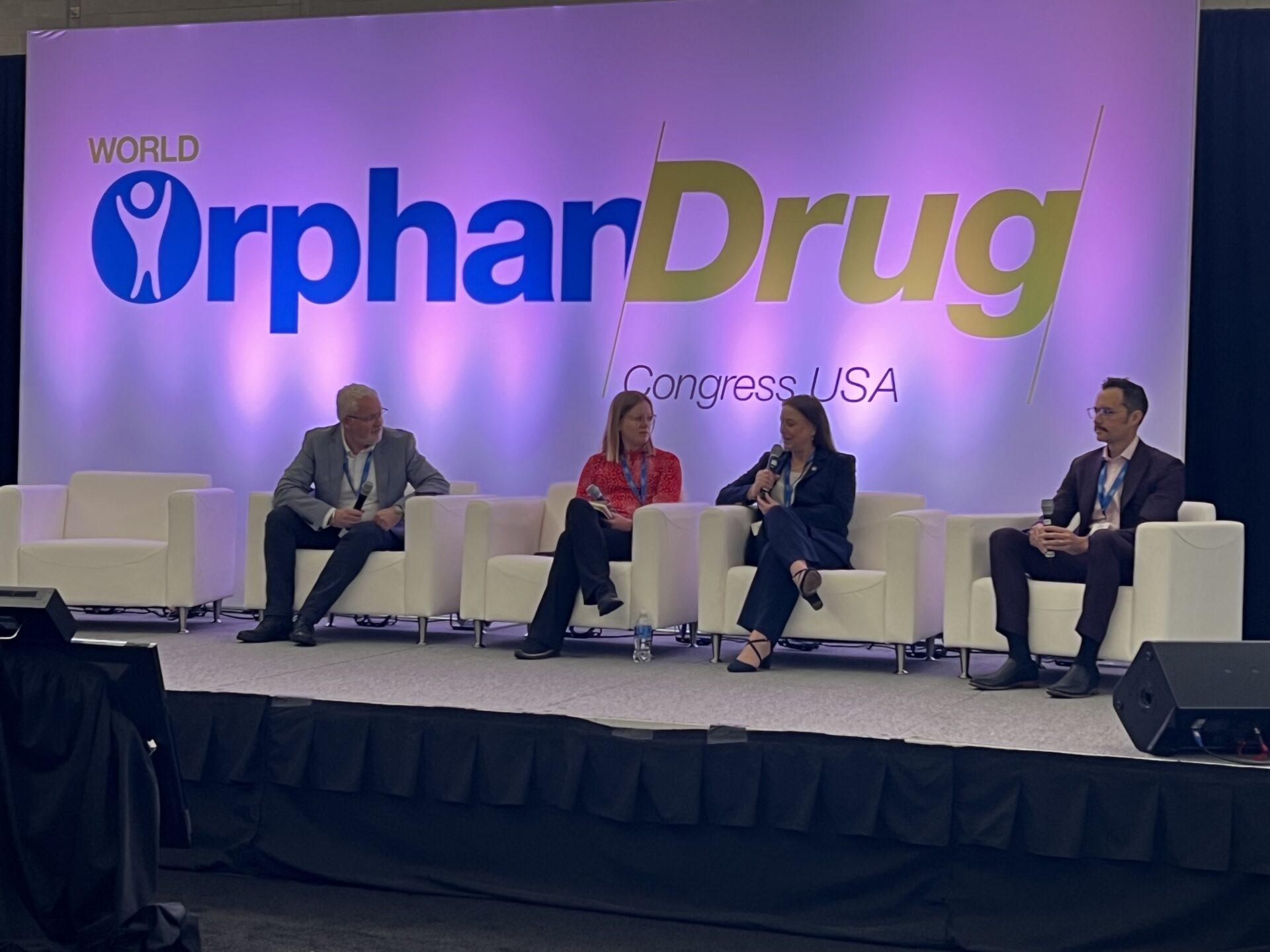
Sciensus hosts a panel at the World Orphan Drug Congress 2024
Introduction
Sciensus was delighted to lead a special keynote session at the World Orphan Drug Congress in Boston in April which offered practical advice to biotech companies considering European commercialization.
Panelists
The panel of industry experts included:
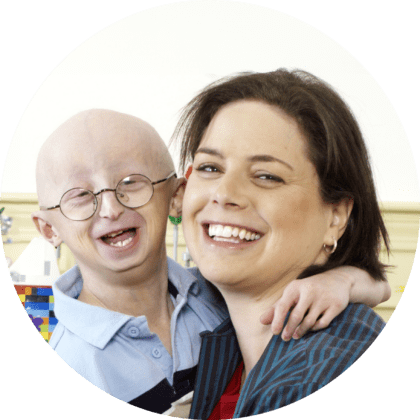
Leslie Gordon, co-Founder and Medical Director, The Progeria Research Foundation
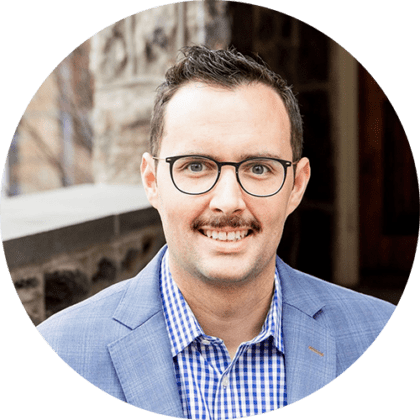
Grant Castor, SVP Commercial Strategy and Operations, Sentynl Therapeutics
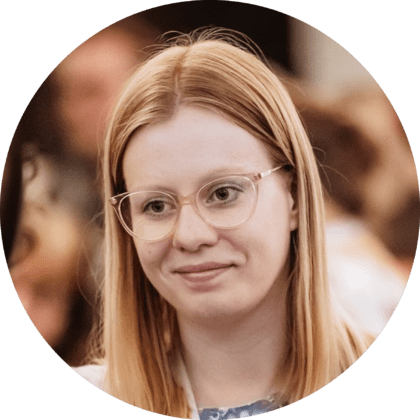
Laura Smith van Carroll, Head of Insights and Advocacy, Metabolic Support UK
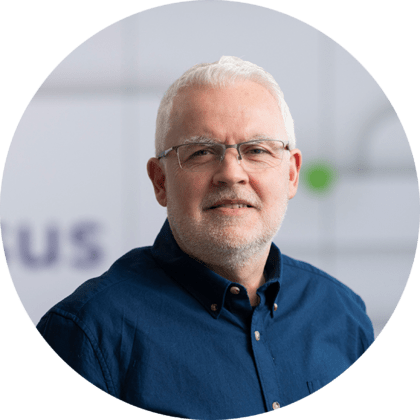
Andrew Cummins, Director of Early Access Programs at Sciensus
Key takeaways:
Patient Support Programs (PSPs) have a critical role to play when launching rare disease therapies in Europe, including:
- Building trust with patients and their families by providing practical advice and emotional support, either digitally or face-to-face.
- Helping individuals and their families to understand potential side effects of a treatment and how to manage them.
- Providing realistic expectations of the drug’s impact on symptoms and quality of life.
- Ensuring prompt access to therapy when deemed appropriate by healthcare professional.

Real-world data (RWD) collection can be crucial in filling the gaps found in most clinical trials for orphan drugs, including:
- Supporting launches and complying with regulatory conditions such as post-authorization surveillance studies (PASS).
- Understanding real-life patient and family experiences of the treatment, including side effects and efficacy which can support the design of PSPs.
- Finding ways to ensure collection is not one way and that results and findings are also fed back to patients.

Patient organizations should be an integral part of the launch process and involved from an early stage, including:
- Providing helpful insights on the condition and data on the patient population, specifically around their wants and needs.
- Helping pharma companies educate clinicians through campaigns.
- Protecting their limited resources and ensuring they are reimbursed.
- Maintaining an appropriate arms-length relationship with patient organizations
Conclusion
With an estimated 36 million rare disease patients living in the region, the European orphan drugs market presents a significant opportunity for international biotechs. With a reputation for being complex to access, it can be helpful to understand how to engage effectively with European regulators, payors, and patients.
During this session, our panel brought to life how important it is for pharma, researchers, distributors, clinicians, and patient groups to work together to plan and execute orphan drug launches into new European markets.
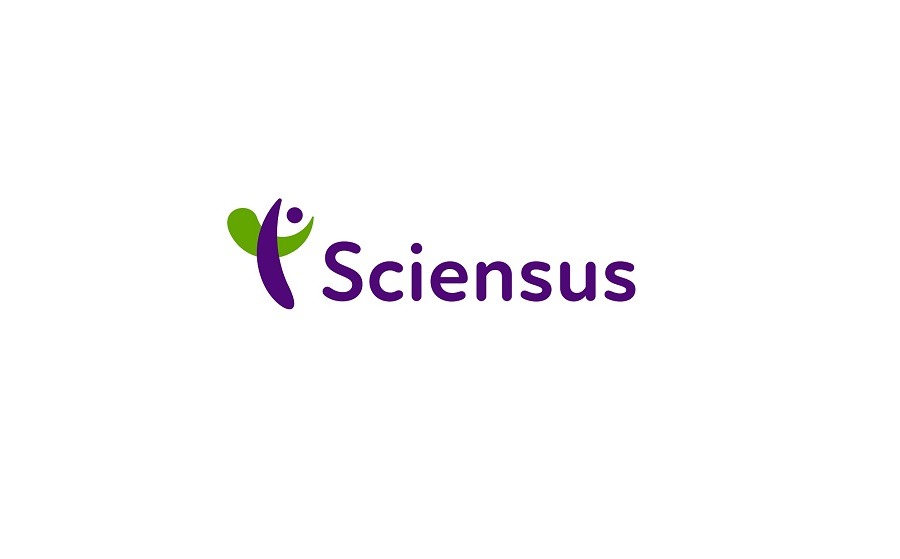
About Sciensus
Sciensus is a global network dedicated to getting rare medicines to hard-to-reach patients worldwide. For over 30 years, we’ve delivered on every aspect of this vital transaction; from early access all the way to full commercialisation, including patient support programs.